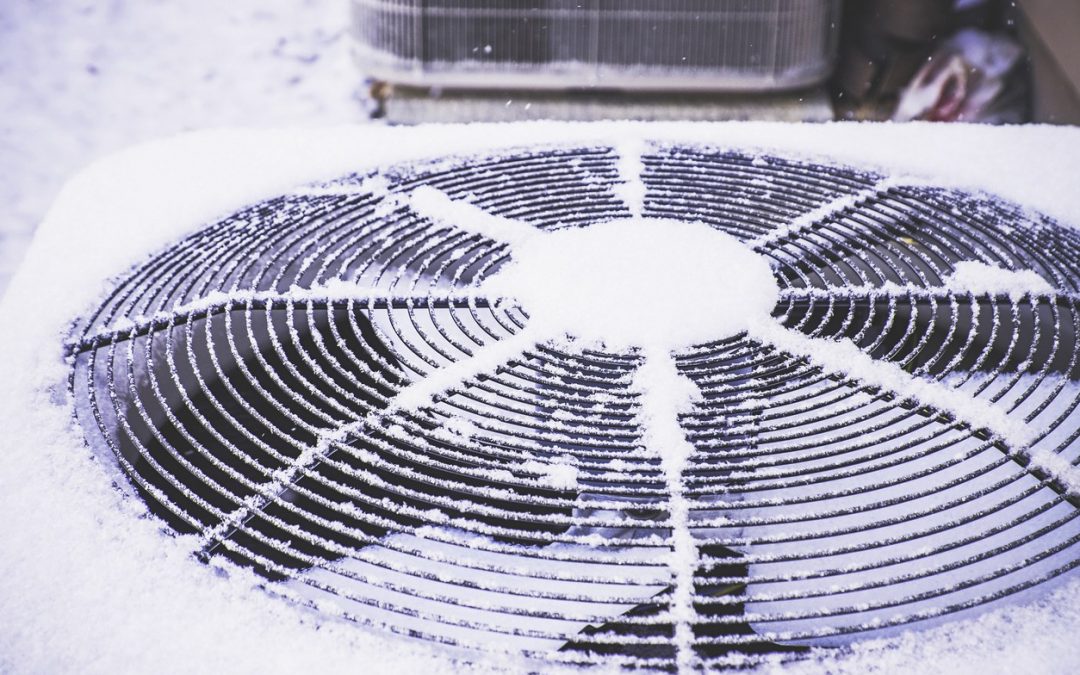In many parts of the county, fall is the mildest time of year. It’s easy to put your commercial HVAC system on the back burner. But fall is the best time to prepare your system for the cold days ahead. Regular and proactive maintenance can boost efficiency, lower your energy bills and prevent costly breakdowns that affect your business.
Here are six fall maintenance tips for your commercial HVAC system.
1. Check, Clean and/or Replace Filters as Needed
Clean air filters improve airflow and help your HVAC system run efficiently. This means not only a lower heating bill but better air quality. In winter, when tightly shut windows mean less fresh air circulating, this is especially important. Change your filters with the season and keep a close eye on them throughout the winter.
2. Schedule Your Routine Maintenance/Tune-Up BEFORE Winter
You should have your commercial HVAC system checked twice per year to help keep it running safely and efficiently. Fall is the ideal time to schedule your maintenance. You beat the rush and get any issues taken care of before the cold temperatures set in.
Routine HVAC maintenance offers several benefits:
- Identify possible safety hazards
- Help prevent unexpected repairs and costly breakdowns
- Improved air quality
- Increased energy efficiency
- Extend the life of your commercial HVAC system
Your exact maintenance checklist will vary depending on your system. A typical HVAC maintenance/tune-up might include:
- Inspecting all moving parts, burners, blowers, belts
- Changing filters as needed
- Lubricating blower bearings and motor
- Checking and tightening electrical connections
- Checking thermostat calibration, operating and safety controls
- Cleaning heating, evaporator and condenser coils
- Measuring refrigerant pressure
- Measuring gas pressure
- Cleaning condensate drain, trap, and pan
- Conducting performance and efficiency tests
3. Fire Up That Furnace
Don’t wait until the first freeze to find out if your heating system is in working order. Try firing it up well before you actually need the heat. Pay attention to any strange noises or smells that may indicate a problem. Check around the vents for leaking air, and seal any leaks before the cold blast of winter arrives. While you’re at it, seal any leaks around your windows and doors to keep those freezing drafts out.
Like a car that’s been sitting out in the cold, it can take time for your HVAC system to adjust to heating. Start warming it up by running the heat at a low setting on cooler fall days. That way, it’ll be back up to speed when you really need it.
4. Have Your Ducts Inspected & Cleaned
Ducts need regular maintenance and cleaning to maintain good air quality and heat your space efficiently. A professional can spot worn-out insulation, damage, and leaks where heat can escape. These small fixes can make a big difference in your heating bill and comfort level over time.
5. Check Your Fuel Supply
Does your heating system run on oil or propane? Make sure the tank is full before the cold moves in. Arrange for regular deliveries with your supplier to ensure you won’t run out at the wrong time.
6. Perform Some Boiler Basics
When winter arrives and your boiler needs to run at maximum level, make sure it’s ready for the added demand.
For steam boilers: Check the water level regularly. Like a car with low oil, a boiler can burn out when the water level gets too low. And like a car with a blown engine, you’re then looking at a costly replacement or repair! You can also have an automatic water feeder installed for your boiler. It will refill the water tank as needed for extra peace of mind.
For forced hot water boilers: Take a listen—are your pipes making any crackling or banging noises? There may be air in the system, which affects the boiler’s efficiency. A boiler technician can purge the system.

